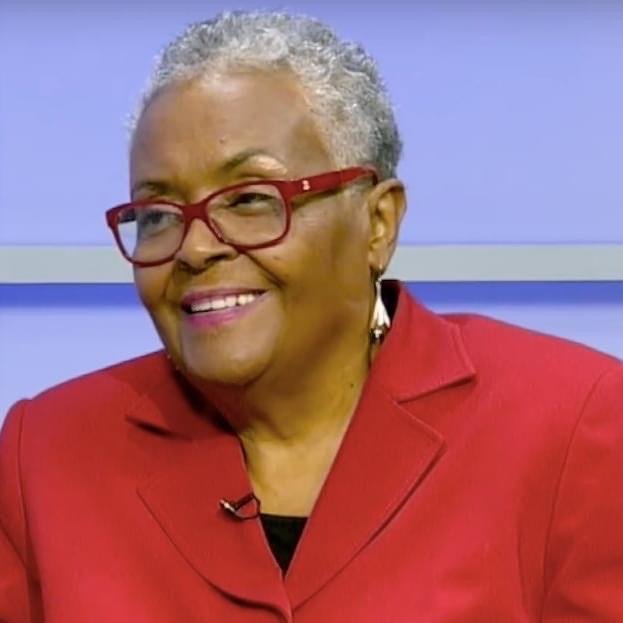Joyce Ladner
Dr. Joyce Ladner has studied and interpreted the intersectionality of race, gender, and class. Her book, Tomorrow’s Tomorrow: The Black Woman, was the first book published in African American Women’s Studies and is now an American classic. Her book, The Death of White Sociology, was a landmark work that challenged the value-neutrality of mainstream sociology. She has published five additional books and numerous articles.
Joyce Ladner was a professor of sociology, provost, and interim president at Howard University in Washington, DC. She was appointed by President Bill Clinton to the District of Columbia Financial Control Board to balance the city’s budget after it became bankrupt. She was also a Senior Fellow at the Brookings Institution, the leading think tank in the nation. She studied the roles of Tanzanian women in nation-building and she has lived in Dakar, Senegal as well.
She has published seven books and numerous articles. Her books include two classics, Tomorrow’s Tomorrow: The Black Woman that was the first book to be written about black girls and led to the founding of the field of Black Girlhood Studies, and The Death of White Sociology. Her other books include Mixed Families: Adopting Across Racial Boundaries, The Ties that Bind: Timeless Values for African American Families, Launching Our Black Children For Success, and The New Urban Leaders: A Study of Innovative Leadership.
Sociologist Joyce Ladner’s career has been shaped through her first-hand involvement with the civil rights movement in Mississippi and as a staff member that organized the March on Washington in 1963. She worked alongside Bayard Rustin and other civil rights leaders. In 1963 she was jailed for almost a week for attempting to integrate the all-white Galloway Methodist Church in Jackson, Mississippi. She is a native of Hattiesburg, Mississippi, and began her fight for social justice as a teenager when she helped organize an NAACP Youth Chapter in her hometown. She was expelled from Jackson State College in 1961 for organizing a civil rights protest.
She was a friend of and worked with slain civil rights leader Medgar Evers, as well as civil rights pioneers Fannie Lou Hamer and Ella Baker. As a field secretary for the Student Nonviolent Coordinating Committee (SNCC), Ladner was on the front lines of most of the major civil rights protests in the sixties including Greenwood, Birmingham, Albany, Selma, and other dangerous areas, and was on the stage when Dr. Martin Luther King gave his “I Have a Dream” speech.
Dr. Joyce Ladner earned a B.A. in sociology from Tougaloo College in 1968 and an M.A. and Ph.D. in sociology from Washington University, St. Louis.
She is completing her memoir titled Standing in the Gap: A Memoir of Resistance, Rebirth, and Redemption that captures the spirit of her 1960s generation of young civil rights workers who challenged segregation and discrimination in the South and changed the face of America.

